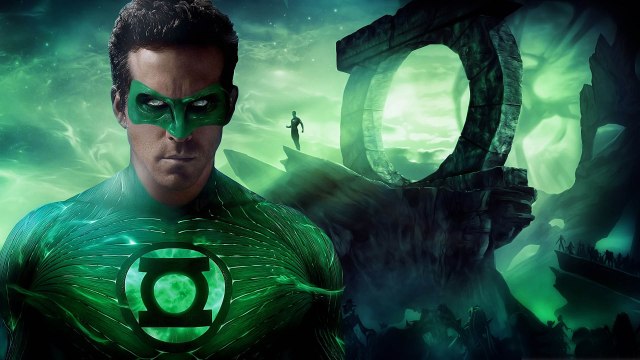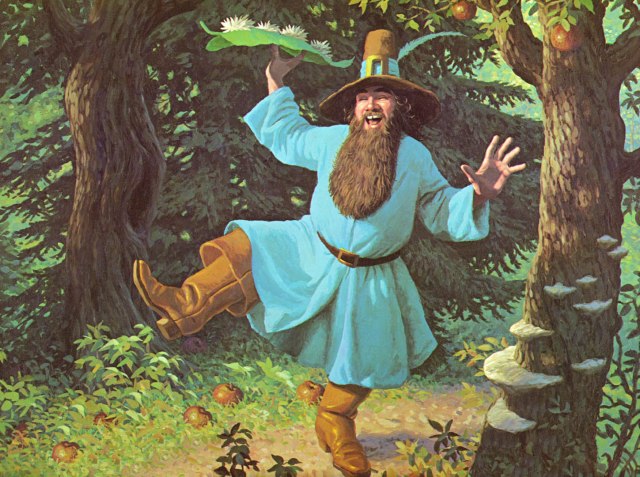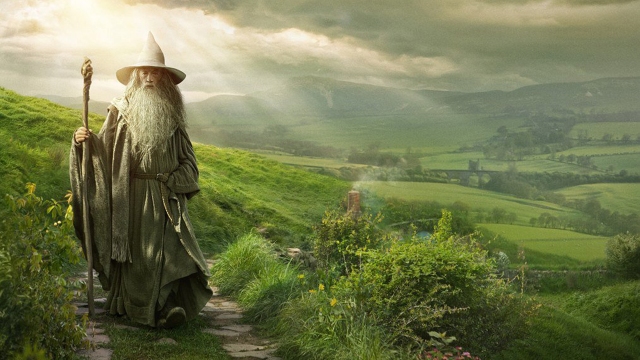By Kenneth Shipp
I used to love book adaptations. Seriously! I really did, but my feelings toward the entire concept has really soured since I started thinking more critically about films. My first experience with book adaptations was the Harry Potter series. While those films still have a fond place in my heart, I can’t think of anything super memorable about that series. Yeah, I said it. (Some) of the Harry Potter films are mediocre and here’s why…
The fundamental flaw of books opposed to comics is that at least with a comic book movie, we already expect for the film to shy away from just doing shot for shot remakes of the comic book panels.

As long as the film nails the character motivations and values correctly, we can generally give some leeway or grace towards how they choose to adapt that superhero to the big screen. Now, that doesn’t mean comic books are superior by any means. They certainly have issues of their own…

I’ve encountered fans who want comic book movies to take a popular storylines and follow it exactly. I wholeheartedly disagree, I would prefer to allow the director and producers the freedom to tweak and adjust where it makes sense. Let’s remember time is no object when it comes to a comic, but it’s precious when we are talking about a movie. For some reason though, when we start talking about books, things get weird. When we take a franchise like the aforementioned Harry Potter and we choose to make a films based off of each installment, we will inevitably hear 5 words, I’ve come to loathe
“It wasn’t in the book”

Can you imagine how long it would really take to show us every single scene created in a book? When movies cheat time in various ways, montages quickly come to mind. If books tried to pull that off, you’d want your money back. It would be like me posting this picture and telling you what happens afterwards.

See how underwhelming that is? There’s a level of detail we expect from a novel that can’t be poured into a film. When things get left out, fans naturally get upset, but the creation of a film off of any existing property has to be treated differently. I like to think of book adaptations as alternate universes where the director has free range to create something new, but in the same vain as the original property. Should the director hit every single major plot point? Of course, but it’s the subplot and minor details were we always seem to get stuck. Some fans want every thing packed into the film while others (and these are the ones that really irritate me) use the book as a defense for bad movies.
That’s where you start to lose me. Using the book to defend a bad movie just doesn’t work because a film is supposed to stand on it’s own. If it’s not able to do that, then you need to rethink making that film in the first place. When I review a film negatively, telling me that it was better in the book does nothing to fix the travesty that occurred on screen. I’m avoiding going into a rant about the Twilight or Divergent series, but suffice it say, I don’t hold those film franchises or books in high regard at all (Mainly due to the fact that their fans refuse to see how bad the film adaptations are.)
The worst part is if you haven’t read the book, you may walk away from a horrible film thinking the source material was even worst when it may be a great read. The upcoming film adaptation of The Martian gives me a bunch of headaches because of everyone involved with it. I really hope they nail the movie and hit all the right beads so that no one thinks of the amazing book in a negative light.
My key piece of advice when watching a film is to judge the film just on it’s own merits. Don’t add or take away anything and certainly don’t use the book as the only criteria for judging. Now, to be fair, there’s only one reason I would be okay if
Update (Nov 19th, 2015): I can now say that the Martian adaptation was very good so I’m glad my fears were proved wrong!!




